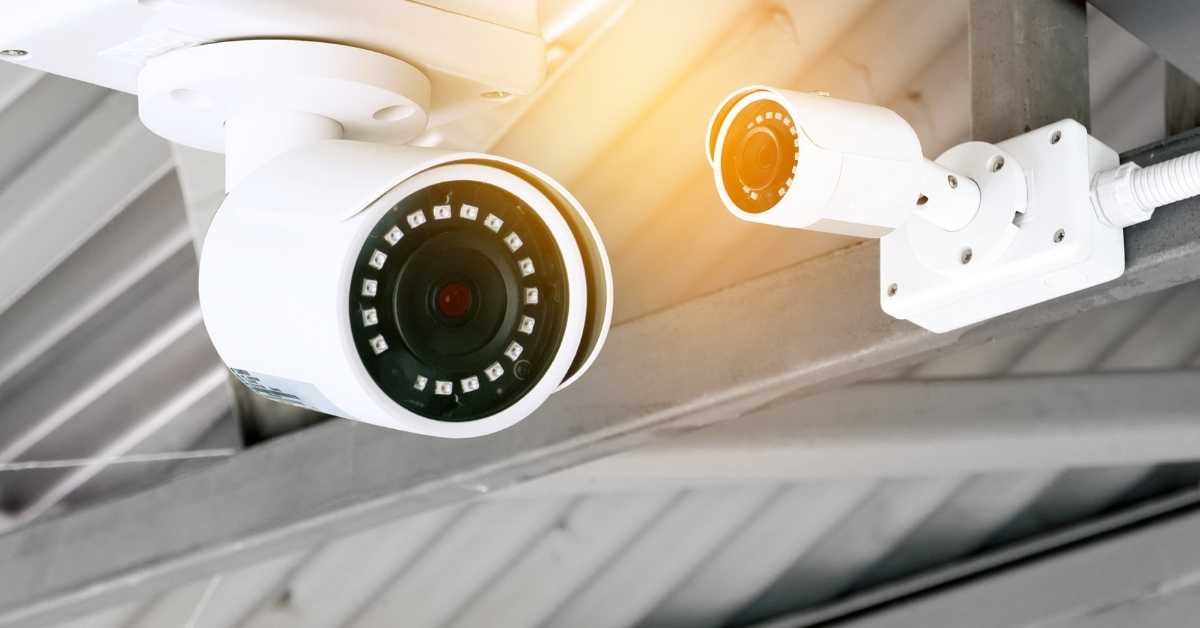CCTV systems have become essential for homes, schools, offices, estates, churches, warehouses, and businesses across Nigeria. But as more surveillance systems connect to the internet, a new danger is emerging: CCTV hacking, data loss, and unauthorized access.
Hackers now target:
-
IP cameras
-
Wi-Fi cameras
-
DVRs and NVRs
-
Smart CCTV systems with mobile view
-
Cloud storage accounts
This makes it crucial to protect your CCTV footage before something goes wrong.
In this guide, you will learn everything you need to know about securing your CCTV footage from hackers and preventing data loss, including:
-
How hackers break into CCTV systems
-
How to secure your Wi-Fi cameras
-
How to protect DVR/NVR storage
-
How to avoid video loss during power outages
-
Best cybersecurity practices for CCTV users
-
Real Nigerian examples
-
A complete checklist you can apply immediately
Let’s get started.
Why CCTV Footage Is a High-Value Target for Hackers
Hackers attack CCTV systems because the footage reveals:
-
building layout
-
gate access patterns
-
security blind spots
-
staff or family routines
-
password habits
-
behavior of children and vulnerable people
This data can be used for:
-
burglary
-
extortion
-
impersonation
-
stalking
-
sabotage
-
corporate espionage
If you want your CCTV system to work for protection—not to create risk—you must secure it properly.
How Hackers Typically Break Into CCTV Systems
Understanding attack methods helps you prevent them.
1. Weak or Default Passwords
Many Nigerian users never change factory passwords like:
-
admin/admin
-
12345
-
000000
Hackers easily exploit these.
2. Unsecured Wi-Fi Networks
If your Wi-Fi is weak, public, or shared with neighbors, hackers can access your wireless CCTV cameras.
3. Exposed DVR/NVR to the Internet
Many DVRs are connected directly to the internet without encryption—making them extremely vulnerable.
4. Outdated Firmware
Old camera and DVR software contains vulnerabilities that hackers exploit.
5. Fake Mobile Apps
Installing unofficial apps for viewing CCTV footage exposes your entire security system.
6. Poor Cloud Security
Using weak passwords for cloud storage allows hackers to steal or delete recordings.
How to Secure Your CCTV Footage From Hackers
Below are the top 12 cybersecurity steps used by professionals worldwide to protect CCTV systems.
1. Change Default Passwords Immediately
Never use:
-
admin123456,password,qwerty
Create a strong password:
Example: Brighthome#CCTV2025!
A strong password should include:
✔ 12–16 characters
✔ uppercase + lowercase letters
✔ numbers
✔ special symbols
Update every 6–12 months.
2. Enable Two-Factor Authentication (2FA)
Most modern CCTV systems (Hikvision, Dahua, Ezviz, Imou, TP-Link, Reolink) support 2FA, which adds a verification code to login attempts.
Even if hackers obtain your password, they still cannot log in without your verification code.
3. Secure Your Wi-Fi Network
If you use Wi-Fi cameras, your network security affects your CCTV.
Do the following:
-
use WPA3 or WPA2 encryption
-
hide your Wi-Fi SSID
-
use a strong router password
-
prevent neighbors from connecting
-
upgrade outdated routers
-
avoid public Wi-Fi
Pro Tip:
Create a separate Wi-Fi network dedicated to CCTV only.
4. Update Camera & DVR/NVR Firmware Regularly
Manufacturers release firmware updates to:
-
patch security vulnerabilities
-
fix bugs
-
improve performance
-
prevent hacking
Check monthly for updates on:
-
Hik-Connect
-
Dahua DMSS
-
Xmeye
-
Imou Life
-
Ezviz
-
TP-Link Tapo
Always update directly from official sources.
5. Avoid Direct Internet Exposure (Port Forwarding)
Many installers expose DVR/NVR ports to the internet so you can view footage remotely—THIS IS EXTREMELY DANGEROUS.
Instead, use:
-
official mobile apps
-
encrypted P2P connections
-
VPN access
-
secured cloud storage
6. Use Encrypted Cloud Storage
Cloud backup prevents data loss if:
-
thieves steal your DVR
-
fire damages your system
-
the hard drive fails
-
someone deletes footage locally
Recommended cloud services:
-
Reolink Cloud
-
Hikvision Cloud Storage
-
Ezviz CloudPlay
-
Imou Cloud
Always enable encryption during setup.
7. Protect DVR/NVR With a Strong Password & Lock the Room
If your DVR or NVR is stolen or accessed:
-
all footage is compromised
-
hackers can access past recordings
-
future recordings can be sabotaged
Store the DVR/NVR in:
✔ a locked cabinet
✔ a supervisor’s office
✔ a secure backroom
✔ a hidden enclosure
8. Use UPS or Solar Backup to Prevent Data Loss
Nigeria’s power fluctuations cause:
-
hard drive corruption
-
system shutdowns
-
incomplete recordings
-
damaged power supplies
Always use:
-
UPS
-
surge protector
-
solar backup (if possible)
This keeps your system running smoothly even during outages.
9. Enable Activity Logs and Alerts
Modern CCTV systems allow you to track:
-
logins
-
failed access attempts
-
device changes
-
footage deletions
Enable alerts so you get immediate notifications of suspicious behavior.
10. Restrict User Permissions
Only give access to people who truly need it.
Set roles like:
-
Viewer only
-
Administrator
-
Guest access
-
No-delete access
Avoid giving everyone full privileges.
11. Install CCTV From Trusted Professionals Only
Avoid street technicians who:
-
recycle old cameras
-
leave your system unencrypted
-
expose your DVR online
-
use weak passwords
-
store your login credentials
Use certified installers who follow cybersecurity best practices.
12. Use a VPN for Remote Access
A VPN creates a secure, encrypted connection between your phone and your CCTV system, making hacking almost impossible.
Real-World Nigerian Examples of CCTV Security Breaches
Example 1: Shop in Surulere
Owner used default password “12345.” A hacker gained access and deleted two weeks of footage after a theft incident.
Example 2: Church in Ikeja
Wi-Fi cameras were connected to a public router. Hackers accessed the pastor’s office camera and watched activities live.
Example 3: School in Lekki
A power surge destroyed the DVR hard drive. With no cloud backup or UPS, the school lost all exam hall footage.
All these problems were avoidable.
CCTV Security Checklist (Print and Use Today)
✔ Change all default passwords
✔ Enable 2FA
✔ Update firmware
✔ Use secure Wi-Fi
✔ Avoid direct internet exposure
✔ Use cloud backup
✔ Protect DVR/NVR physically
✔ Enable logs and alerts
✔ Restrict user permissions
✔ Use UPS and surge protectors
✔ Install only from trusted experts
✔ Use VPN for remote access
Following these will eliminate 95% of CCTV hacking risks.
Conclusion
CCTV systems are powerful tools for protection, but they become dangerous liabilities when not properly secured. Hackers now target schools, homes, churches, offices, and businesses more aggressively than ever before.
By securing your passwords, Wi-Fi, DVR/NVR, cloud accounts, and power supply—and using trusted professional installers—you can protect your footage, your property, and your privacy.
CCTV is not just about recording.
It’s about secured recording.





Comments are closed